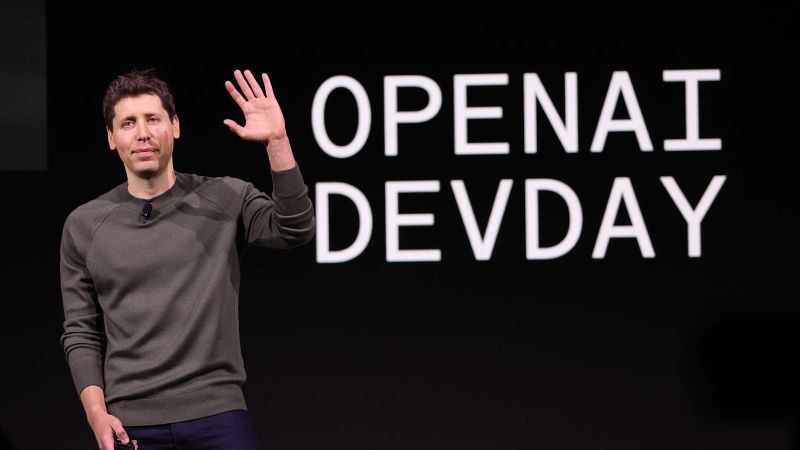On a recent Monday, OpenAI, the prominent entity stirring the generative artificial intelligence landscape, made a significant announcement regarding its structural governance. The organization declared that it will remain under the auspices of a non-profit entity rather than transitioning into a fully for-profit model. This decision comes after months of deliberation over a potential restructuring aimed at transforming the company into a public benefit corporation (PBC). Such a redesign would ostensibly facilitate easier capital acquisition, aligning with the need for funding to fuel innovation in AI.
In a letter directed to employees, OpenAI’s CEO, Sam Altman, outlined the rationale behind retaining the non-profit governance structure. He clarified that while the company’s operations would transition towards the nature of a PBC, the overarching nonprofit framework would continue to oversee the company’s activities. This hybrid approach aims to balance the interests of shareholders and the societal impacts of their AI technologies, thereby retaining a commitment to ethical considerations in their advancements.
Initially, there were expectations that OpenAI would shift towards a model dominated by for-profit governance. Such a move was anticipated to provide greater flexibility in offering equity options aimed at retaining existing talent and attracting new investors. OpenAI is backed by powerhouse tech firm Microsoft, which underscores the competitive stakes involved in retaining top-tier talent in a field marked by rapid evolution and intense demand for innovation. The capacity to offer financial returns can be crucial in a landscape where similar tech startups are vying for the best minds in artificial intelligence and machine learning.
In a statement regarding this governance structure decision, OpenAI mentioned having engaged in dialogues with various civic leaders, as well as consultations with the offices of the Attorneys General of California and Delaware. This engagement illustrated an awareness of the broader implications their governance decisions have on societal norms and potential regulatory standards. OpenAI expressed its intent to continue these conversations to advance the nuances of their governance plan, indicating its readiness to operate transparently and inclusively with partners—including Microsoft and its newly appointed nonprofit commissioners.
The decision to uphold a non-profit structure is emblematic of OpenAI’s foundational ethos aimed at promoting responsible AI development. With the societal implications of artificial intelligence being a prominent topic in contemporary discourse, the choice to maintain a nonprofit’s oversight underscores a commitment to prioritize public good over purely profit-driven motives. This reflects a broader trend in the tech industry towards integrating social responsibility into corporate governance, particularly in sectors like AI, where the impact on society can be profound.
Furthermore, the move may also serve as a strategic positioning statement in the ongoing dialogue on the ethical deployment of AI technologies. As these technologies continue to proliferate, concerns regarding privacy, security, and equitable access remain of paramount importance. By retaining a nonprofit structure, OpenAI might be seen as enhancing its credibility, bolstering public trust in a sector often scrutinized for potential biases and ethical lapses.
In summary, OpenAI’s decision to retain its nonprofit oversight while expanding its operations into a public benefit corporation represents a nuanced approach to navigating the complexities of funding and innovation within the rapidly changing landscape of artificial intelligence. By listening to civic leaders and fostering relationships with regulatory bodies, the organization is taking care to ensure that its growth does not come at the expense of ethical considerations. As discussions continue with key stakeholders, it will be interesting to observe how OpenAI harmonizes its commercial ambitions with its commitment to public accountability and societal benefit.



